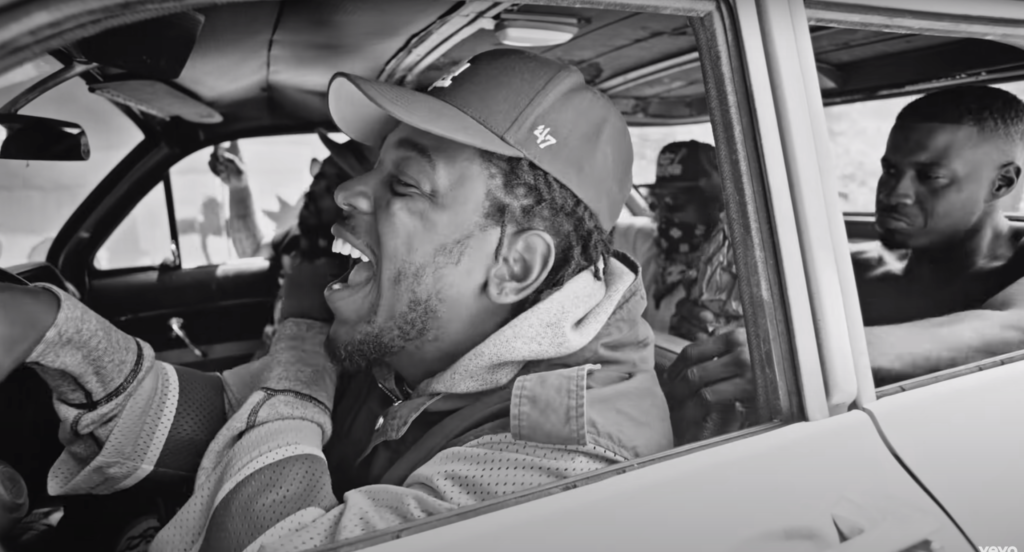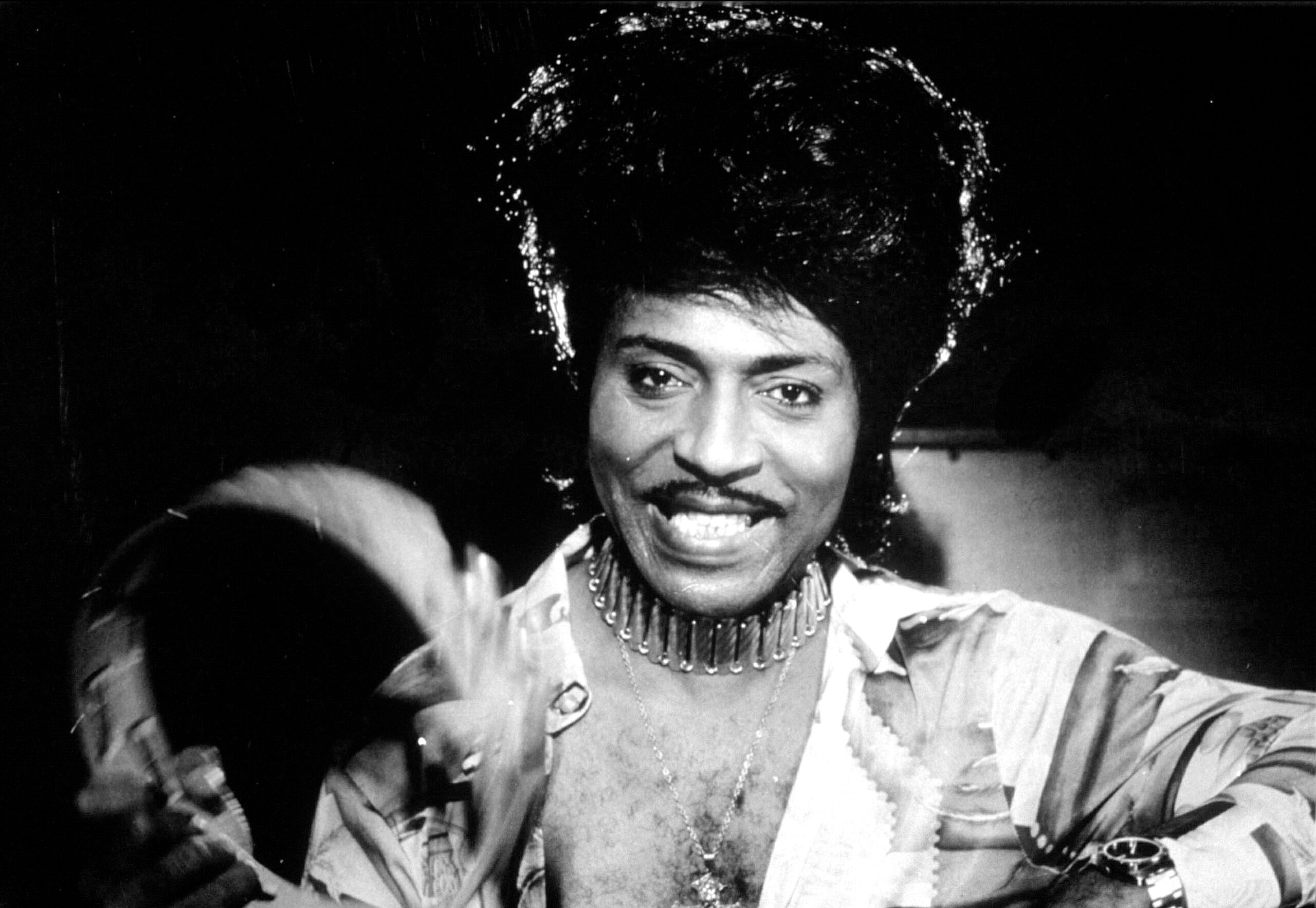In the 2010s, the untimely death of cable (read: MTV) birthed the Golden Age of YouTube and democratized access to music videos for anyone with a smartphone. Oftentimes political, the music videos of the 2010s shaped the aesthetics of movements that changed the direction of our culture: whether it was Solange’s Afrofuturistic “Don’t Touch My Hair” or Lady Gaga’s superqueer “Born This Way”, these are C+C’s 10 most influential music videos of the past decade for Queer and People of Color.
Rihanna + Eminem – “Love the Way You Lie” (2010)
Released in 2010, “Love the Way You Lie” came out just a year after Chris Brown, Rihanna’s then-boyfriend, assaulted her. The couple’s abusive relationship was made blatant when TMZ leaked a picture of Rihanna’s bruised-up face that made headlines internationally. More than a song about heartbreak, “Love the Way You Lie” was an exploration of the addictive abuser/abused dynamic (“Where you going?/’I’m leaving you.’/No you ain’t/Come back!/We’re running right back,/Here we go again”) and a pre-#MeToo female empowerment anthem that showed the world Rihanna was finding a path forward.
Lady Gaga – “Born This Way” (2011)
The song that (probably) lured thousands of millennials out of the closet, Lady Gaga’s “Born This Way” was accompanied by a legendary 7-minute music video that heightened the message of unapologetic authenticity and self-love. The video opens with Queer iconology 101: a unicorn, the upside-down pink triangle (once a marker of shame place on homosexuals by the Nazis but since reclaimed by the AIDS awareness group ACT UP!) and heavy-handed Drag. Gaga uses her alien-like persona and yanks us into a strange and beautiful planet where prejudice does not exist. Gaga released the video at a time when nearly one-third of Americans believed gay people didn’t deserve to get married, making the entire endeavor a risky one that cemented Gaga as an original Stan.
Nicki Minaj- “Anaconda” (2014)
Nicki’s controversial “Anaconda” sampled Sir Mix-A-Lot’s “Baby Got Back” and took it to the next level: originally performed from the objectifying perspective of the male gaze, Nicki elevated this remix and made it all about unapologetic female sexuality. Part social commentary and part homage to thiccness (“he can tell I ain’t missing no meals”), Nicki’s polarizing music video garnered 19.6 million views within a day of its release and is still the rapper’s highest-charting single.
Kendrick Lamar- “Alright” (2015)
Co-produced by Pharrell Williams, Kendrick Lamar’s “Alright” is a youth empowerment anthem inspired by a trip the rapper took to Africa. In an interview, Lamar said he came up with the hook when he saw that South Africans’ “struggles were ten times harder” than the average American’s. The song was ranked number one on Pitchfork’s “Best 100 Tracks of 2015” and got nominated for four Grammys, including Song of the Year. The black and white video shows people of color dancing joyously, in defiance to the violence associated with the Black Lives Matter protests.
Beyoncé – Lemonade (2016)
In April 2016, Beyoncé dropped her surprise album Lemonade, this time accompanied by a film of the same title that premiered on HBO. The hour-long visual was curated and narrated by Queen Bey herself.
Lemonade tells the story of a woman (presumably Beyoncé) navigating a journey of pain and loss through a compelling film that explores complex themes sich as disloyalty and self-healing. Lemonade is brought to life by 12 tracks and is strung together by the singer’s narration guiding the audience through the film’s 11 chapters: “Intuition”, “Denial”, “Anger”, “Apathy”, “Emptiness”, “Accountability”, “Reformation”, “Forgiveness”, “Resurrection”, “Hope”, and “Redemption”. The film the singer’s mental health battle as well as the complexity of her notoriously private emotions.
Kanye West- “Fade” (2016)
In September 2016, Kanye West debuted his latest music video at the MTV Music Video Awards featuring the then-obscure Teyana Taylor dancing in a gym with her ripped body on full display. The video quickly went viral and hurled Taylor into sudden fame; groundbreaking in its simplicity and flawless choreography, the memorable video screamed female empowerment in the year of #MeToo.
Solange – “Don’t Touch My Hair” (2016)
Although this one didn’t break any records— it peaked at 91 on Billboard’s top 100 the week it came out— Solange’s “Don’t Touch My Hair” helped define the singer’s politically mature, soft and Afrofuturistic aesthetic that will definitely continue to have an impact in the 2020s. The video opens with Solange blessing us with her exquisite braids and proceeds with her slow-dancing through multiple locations surrounded by cool-looking Black folk sporting all types of hairdos. In case you didn’t catch it, the song is Solange’s adult response to the all-too prevalent microaggression of people coming up to African-Americans and touching their hair as if they were museum pieces: by celebrating the complexity and nuance of Black hair, Solange turns an often alienating experience into a celebration of Black beauty.
The Carters – “Apes**t” (2018)
On trend with everything she has done since 2013, Beyoncé needed no announcement when “Apes**t” disrupted the charts in the Summer of ‘18. After years of rumors around a duo album, The Carters (Beyoncé + Jay-Z) gave people everything that they wanted and also what they didn’t know they needed in this powerful ode to Black excellence.
The visual takes place in the Louvre Museum in Paris, established at the tail-end of the Atlantic Slave Trade in 1793. The video subverts the narrative of “White” cultural superiority and offers a counter narrative that presents Blackness as a resilient and increasingly powerful cultural force.
Childish Gambino – “This is America” (2018)
This politically charged anthem is less a celebration of POC empowerment than it is a melancholic critique of our current political climate: in other words, that he’s tired of the bulls**t. In just over four minutes, Childish Gambino managed to reference some of America’s greatest racial woes, from lynchings to racially-motivated shootings (specifically the 2015 Charleston A.M.E. Church terror attack by a white supremacist). The song debuted at number 1 on Billboard’s Hot 100 and received 65 million streams in its first week.
Kanye West- “Runaway” (2010)
Released a year after Kanye snatched the mic right out of Taylor Swift’s clammy hands at the MTV Music Awards, “Runaway” is the rapper’s ode to his own rebellious nature. Often hailed as the rapper’s best song both lyrically and rhythmically, “Runaway” deals with themes of fame, wealth and being incessantly scrutinized by the public. The full music video, which includes all the songs from his My Beautiful Dark Twisted Fantasy album, is a staggering 35 minutes long.
The video’s strong color palette brought life to powerful scenes of graceful dancers tells the story of Kanye rising from the ashes.






